H. Wondratschek, U. M?ller1402023553, 9781402023552
This volume presents a systematic treatment of the maximal subgroups and minimal supergroups of the crystallographic plane groups and space groups. It is an extension of and a supplement to Volume A, Space-group symmetry, in which only basic data for sub- and supergroups are provided.Group-subgroup relations, apart from their theoretical interest, are the basis of a number of important applications in crystallographic research:(1) In solid-state phase transitions there often exists a group-subgroup relation between the symmetry groups of the two phases. According to Landau theory, this is in fact mandatory for displacive (continuous, second-order) phase transitions. Group-subgroup relations are also indispensable in cases where the symmetry groups of the two phases are not directly related but share a common subgroup or supergroup.(2) Group-subgroup relations provide a concise and powerful tool for revealing and elucidating relations between crystal structures. They can thus help to keep up with the ever-increasing amount of crystal-structure data. Their application requires knowledge of the relations of the Wyckoff positions of group-subgroup related structures.(3) Group-subgroup relations are of great importance in the study of twinned crystals, domain structures and domain boundaries.(4) These relations can even help to identify errors in space-group assignment and crystal-structure determination.(5) Subgroups of space groups provide a valuable approach to teaching crystallographic symmetry.Volume A1 consists of three parts:Part 1 presents anintroduction to the theory of space groups at various levels and with many examples. It includes a chapter on the mathematical theory of subgroups.Part 2 gives for each plane group and space group a complete listing of all maximal subgroups and minimal supergroups. The treatment includes the generators of each subgroup as well as any necessary changes of the coordinate system. Maximal isomorphic subgroups are given in parameterized form as infinite series because of the infinite number for each group. A special feature of the presentation is graphs that illustrate the group-subgroup relations.Part 3 lists the relations between the Wyckoff positions of every space group and its subgroups. Again, the infinite number of maximal isomorphic subgroups of each space group are covered by parameterized series. These data for Wyckoff positions are presented here for the first time.Audience: The volume is a valuable addition to the library of scientists engaged in crystal-structure determination, crystal physics or crystal chemistry. It is essential for those interested in phase transitions, the systematic compilation of crystal structures, twinning phenomena and related fields of crystallographic research. | |

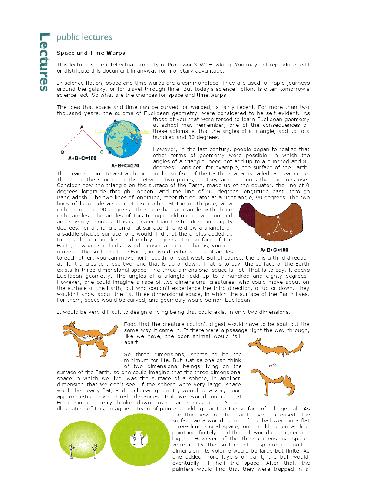
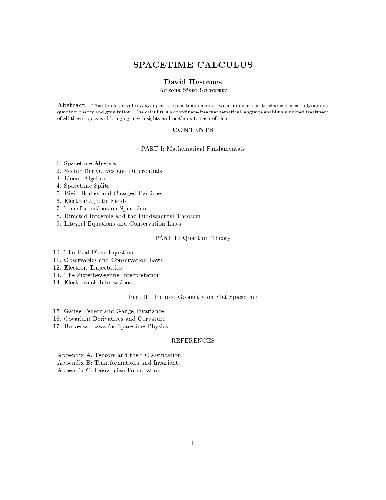
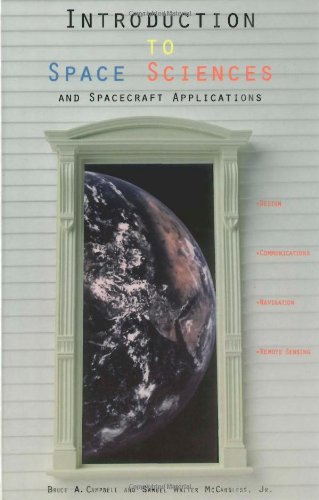
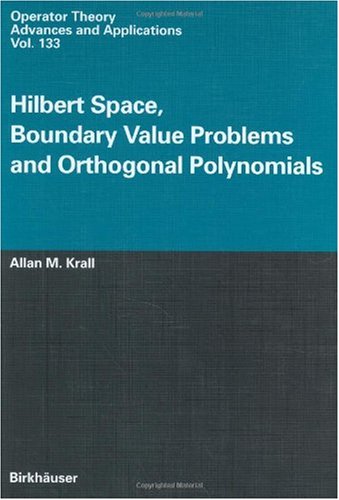
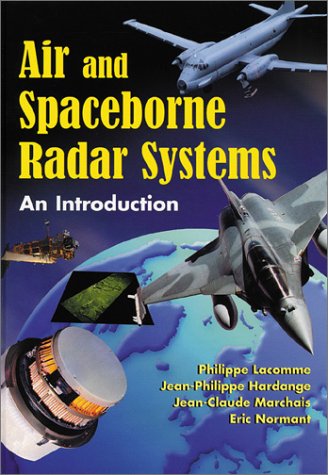

Reviews
There are no reviews yet.